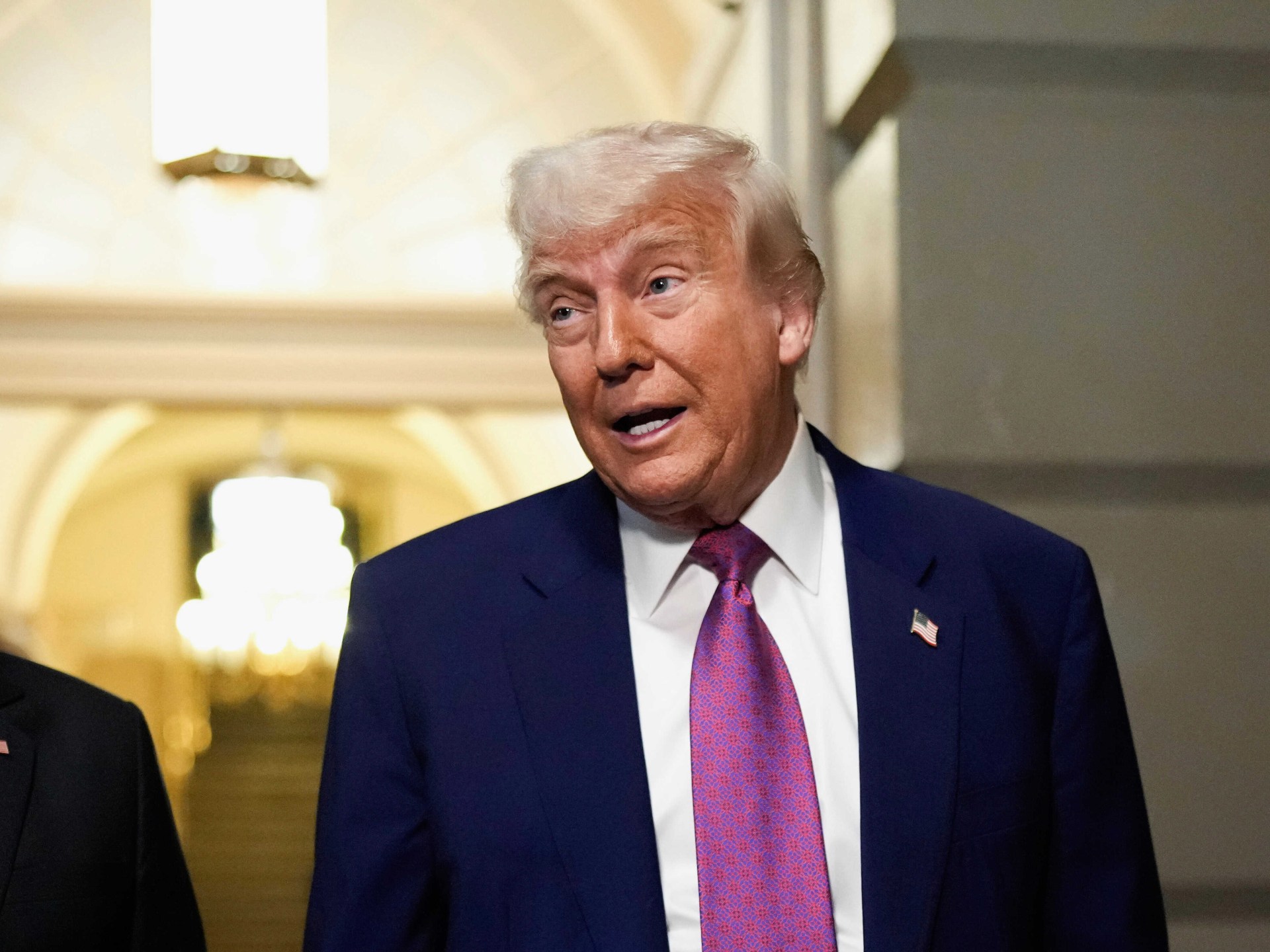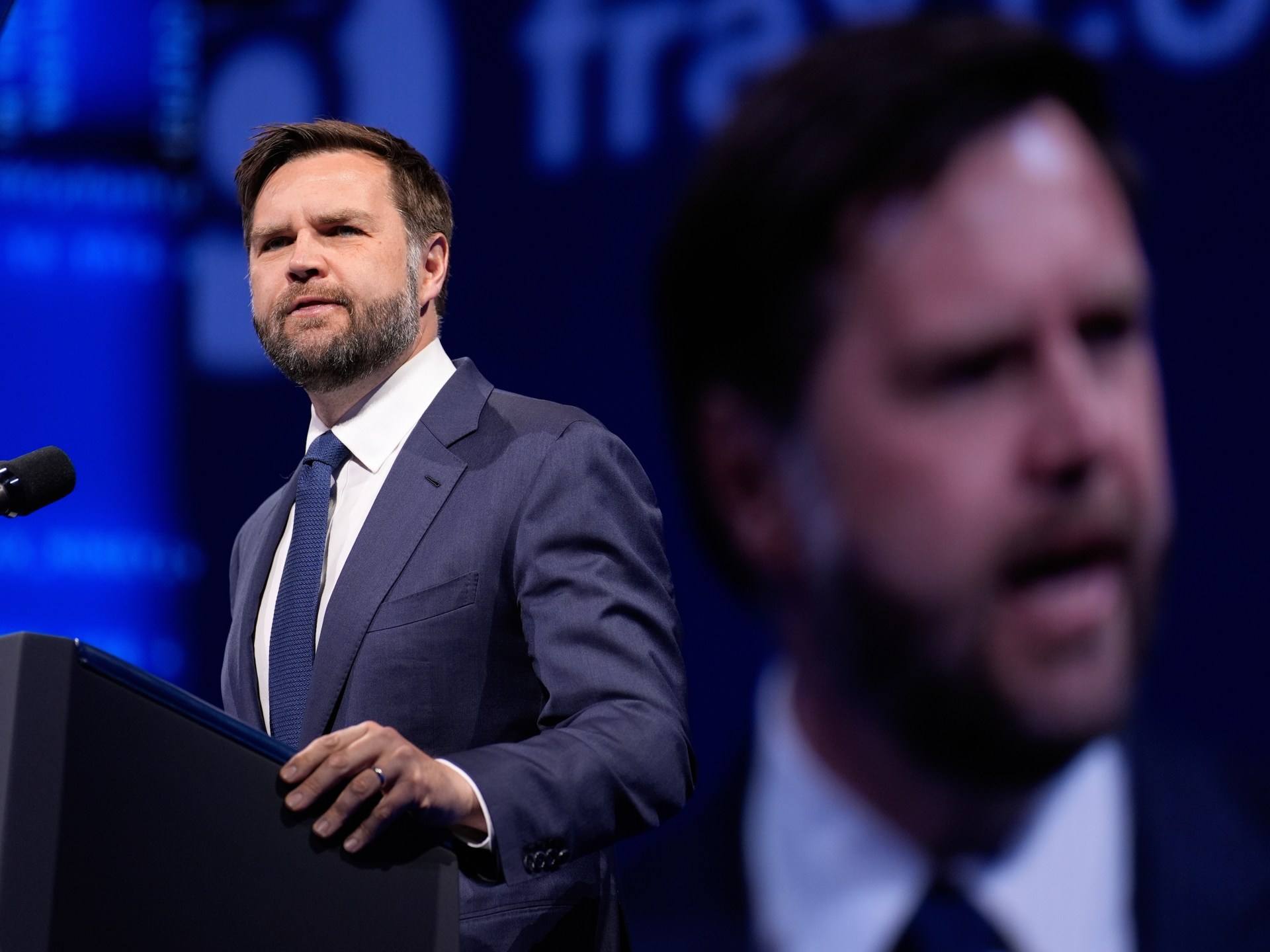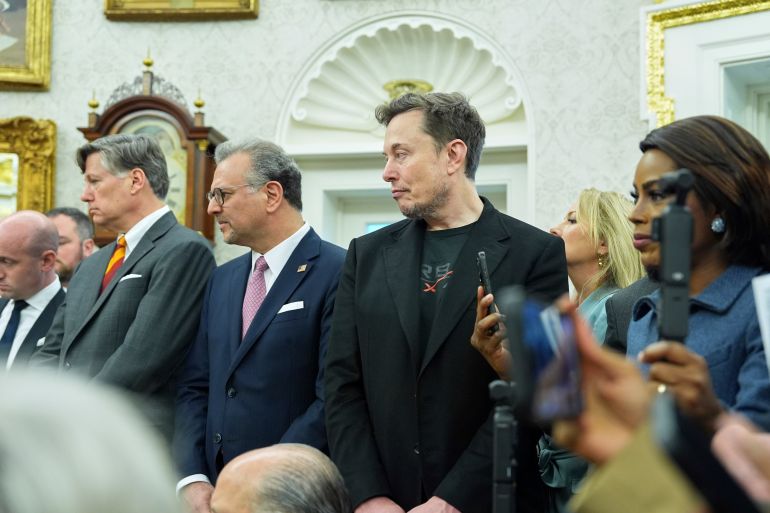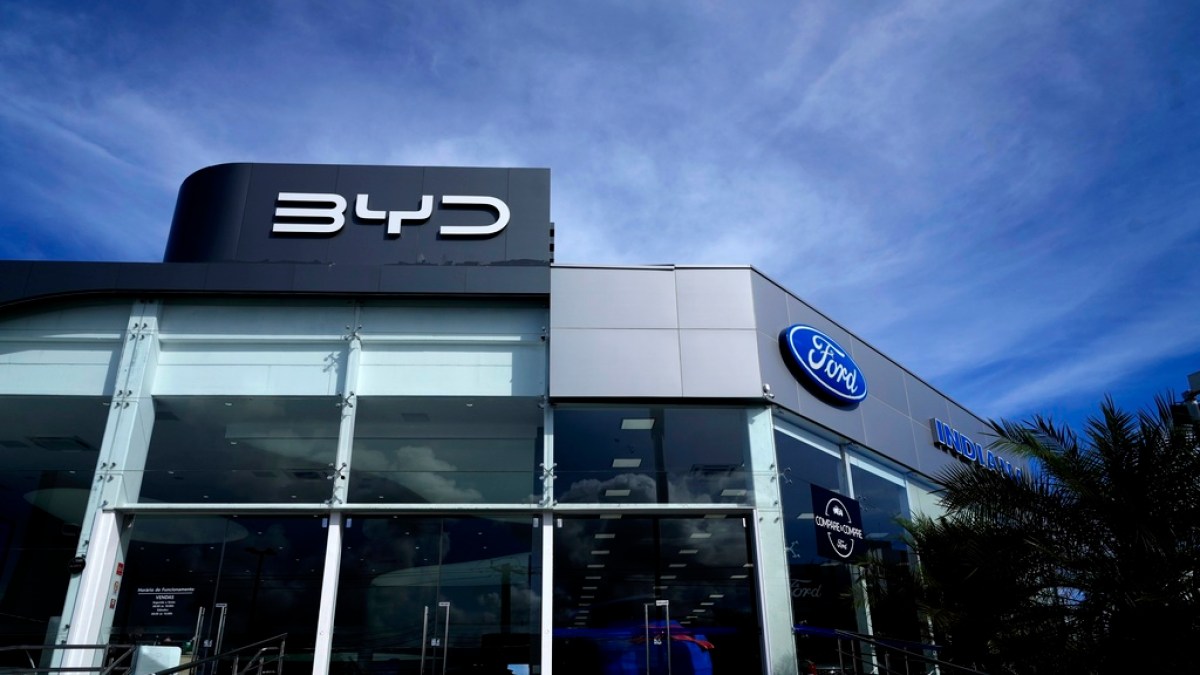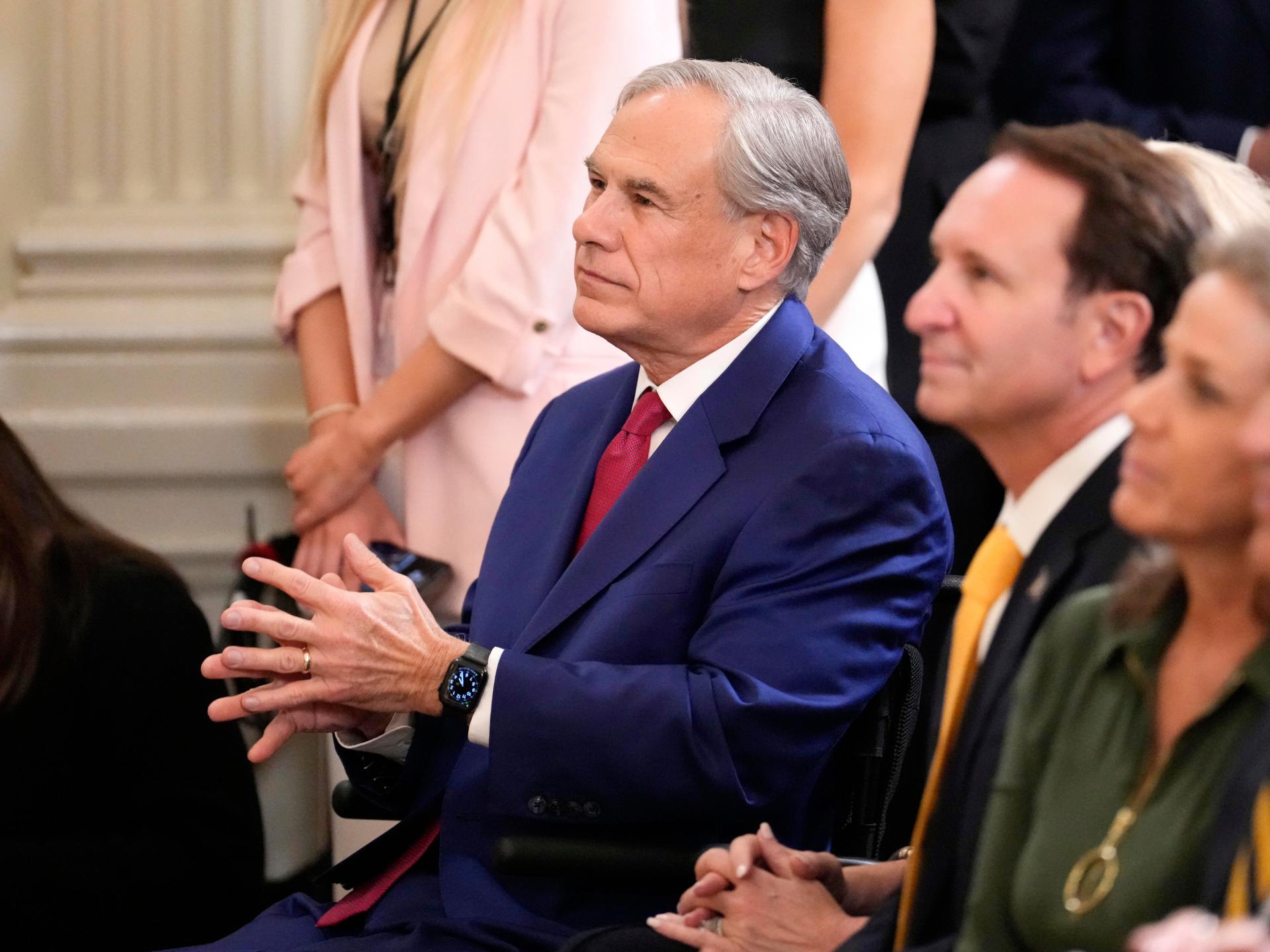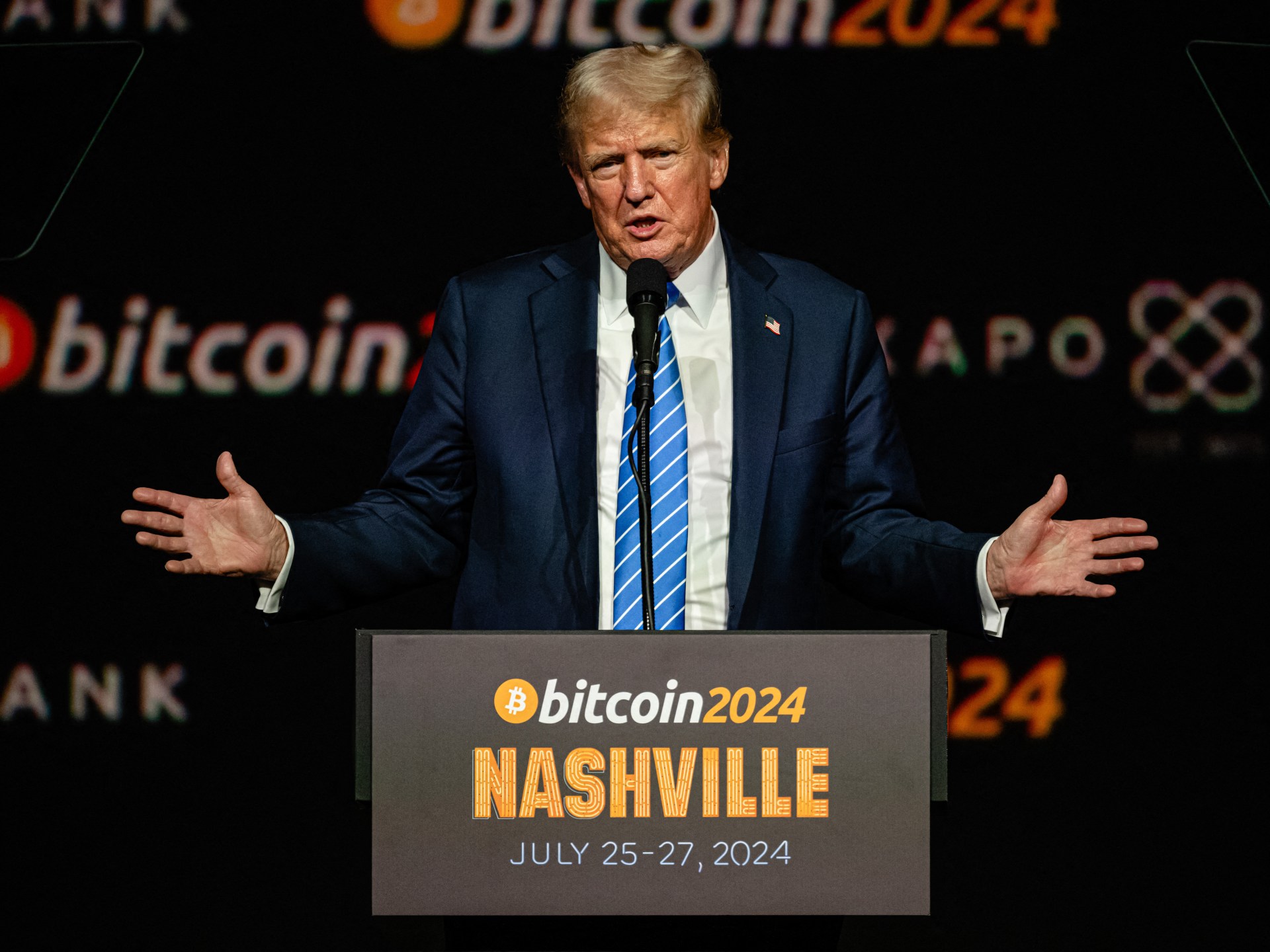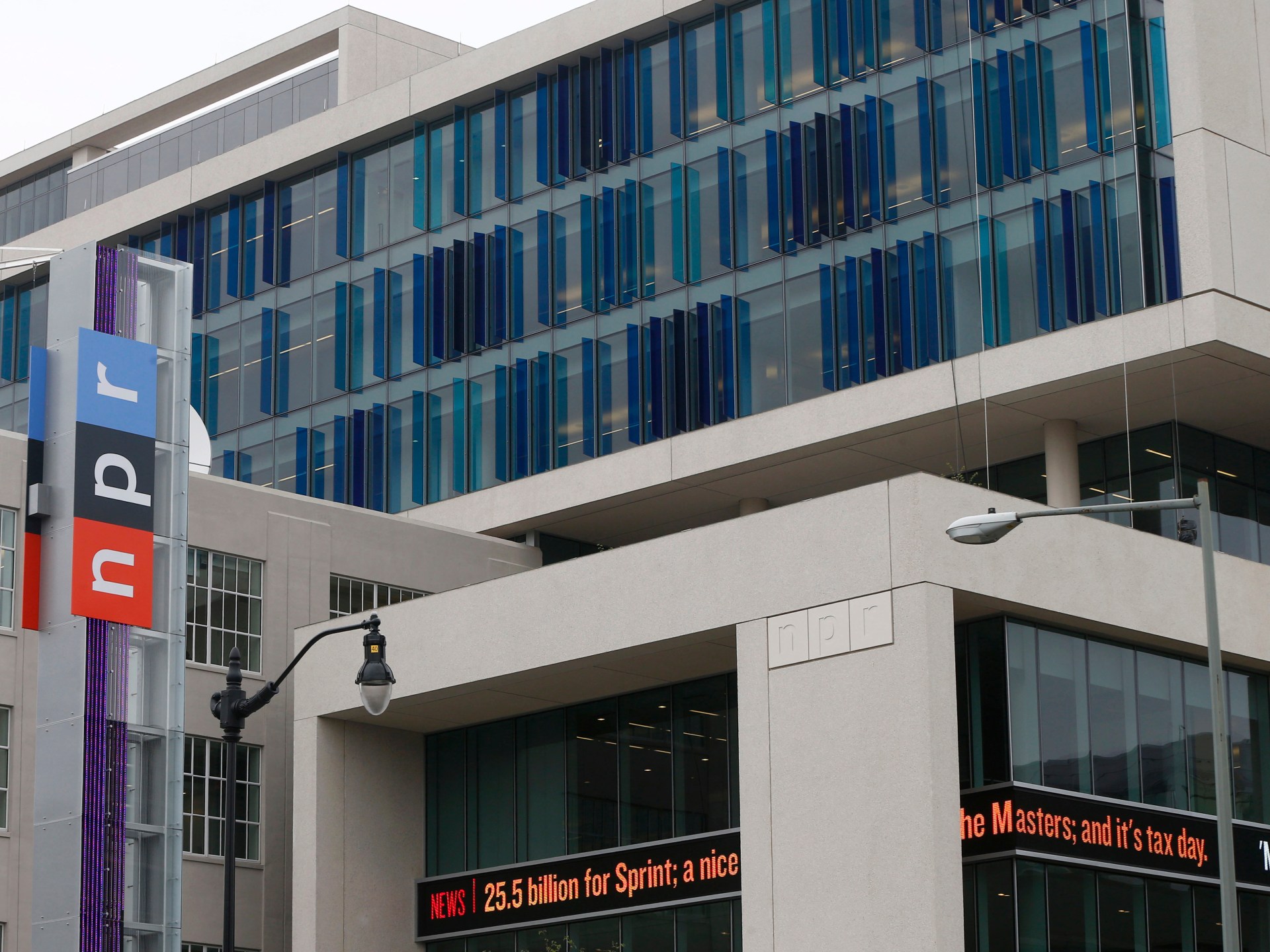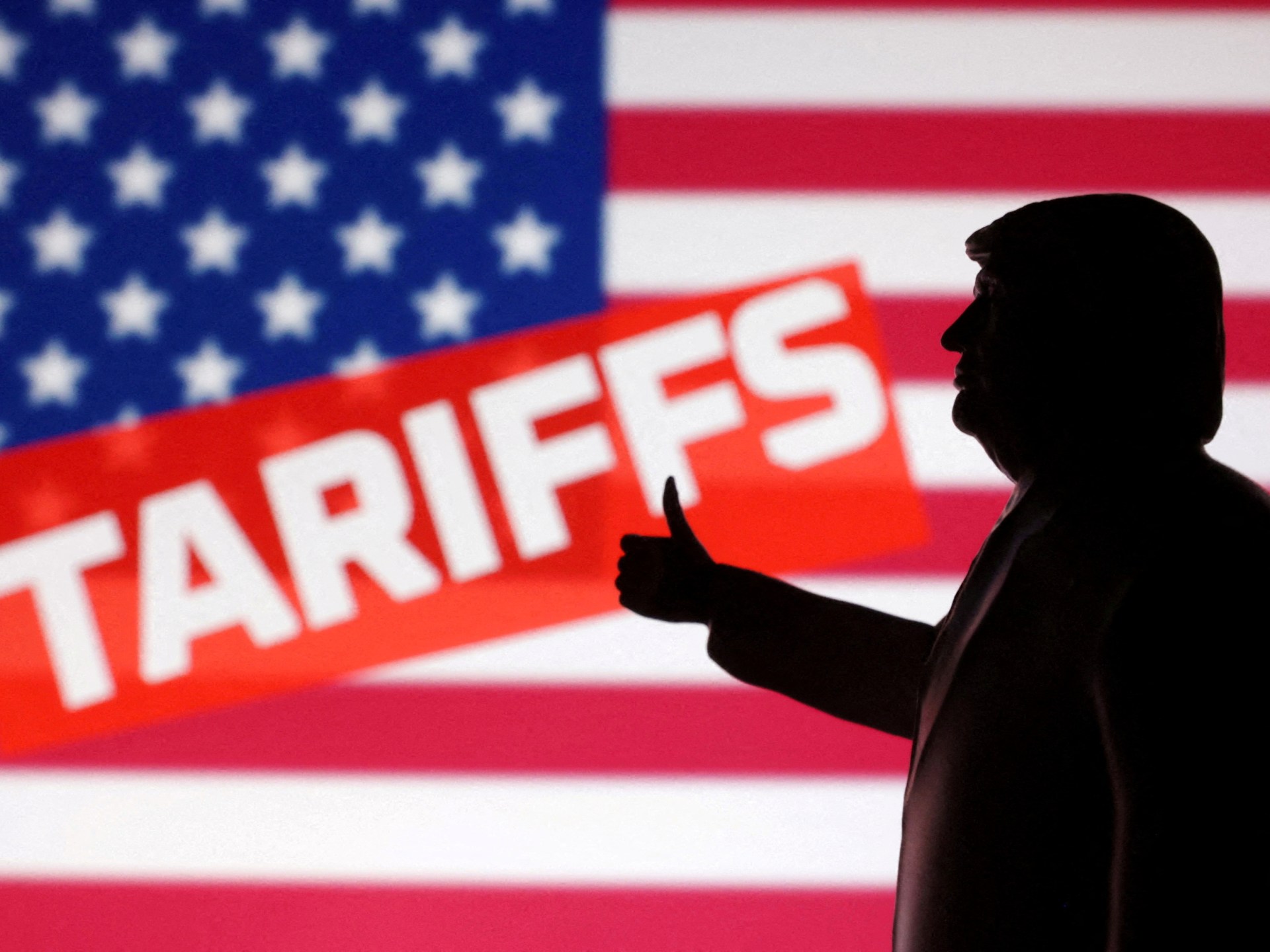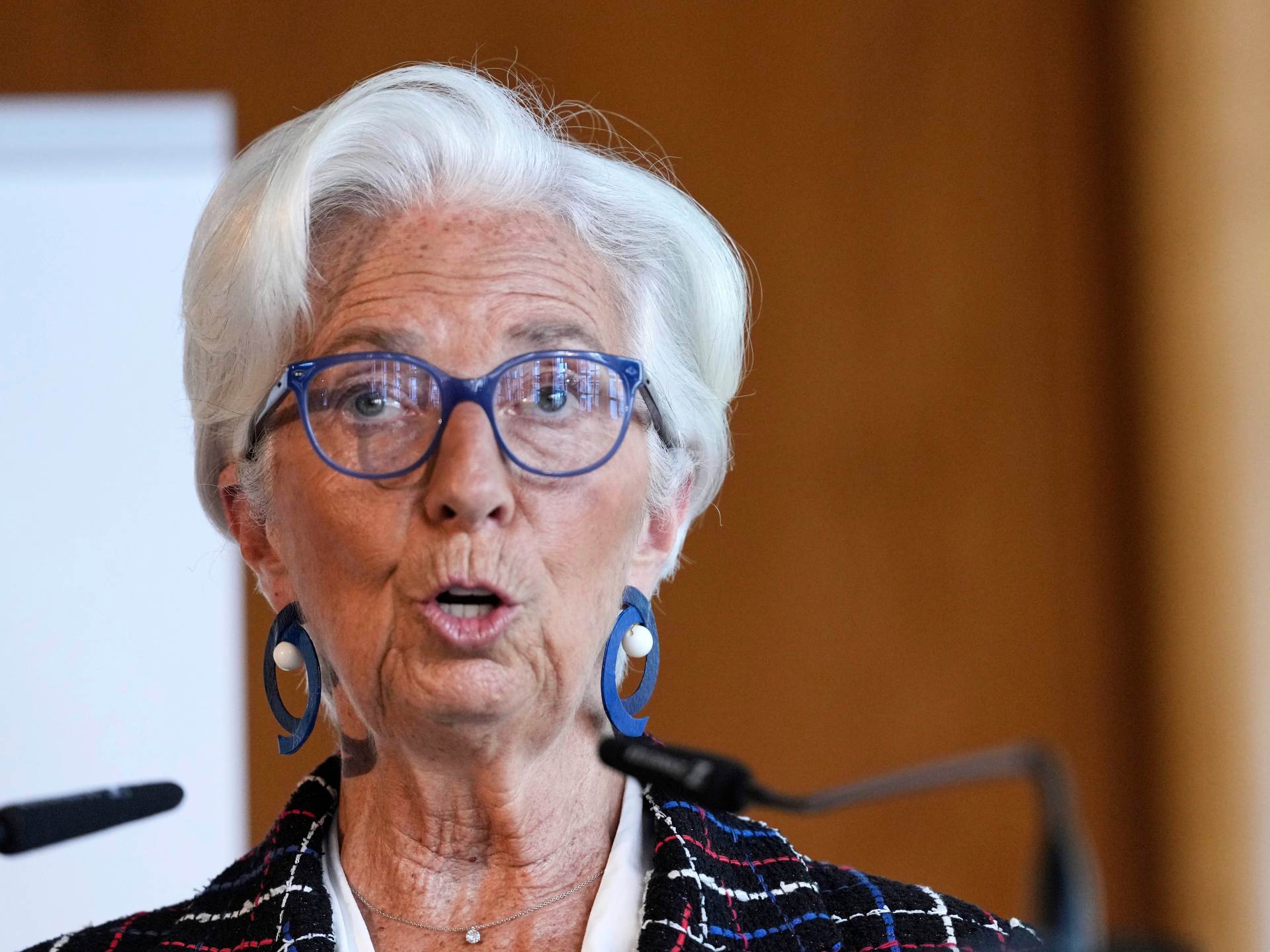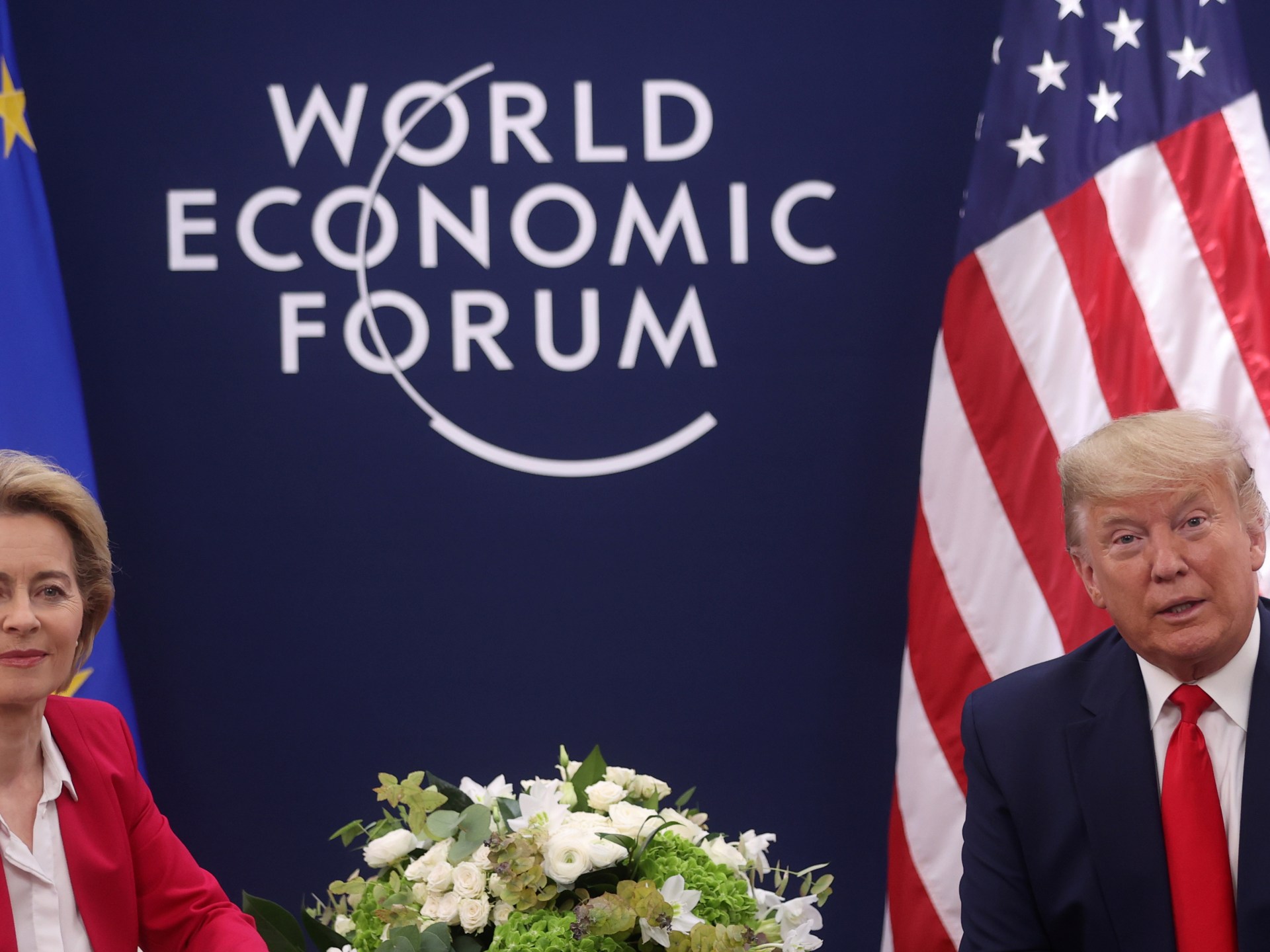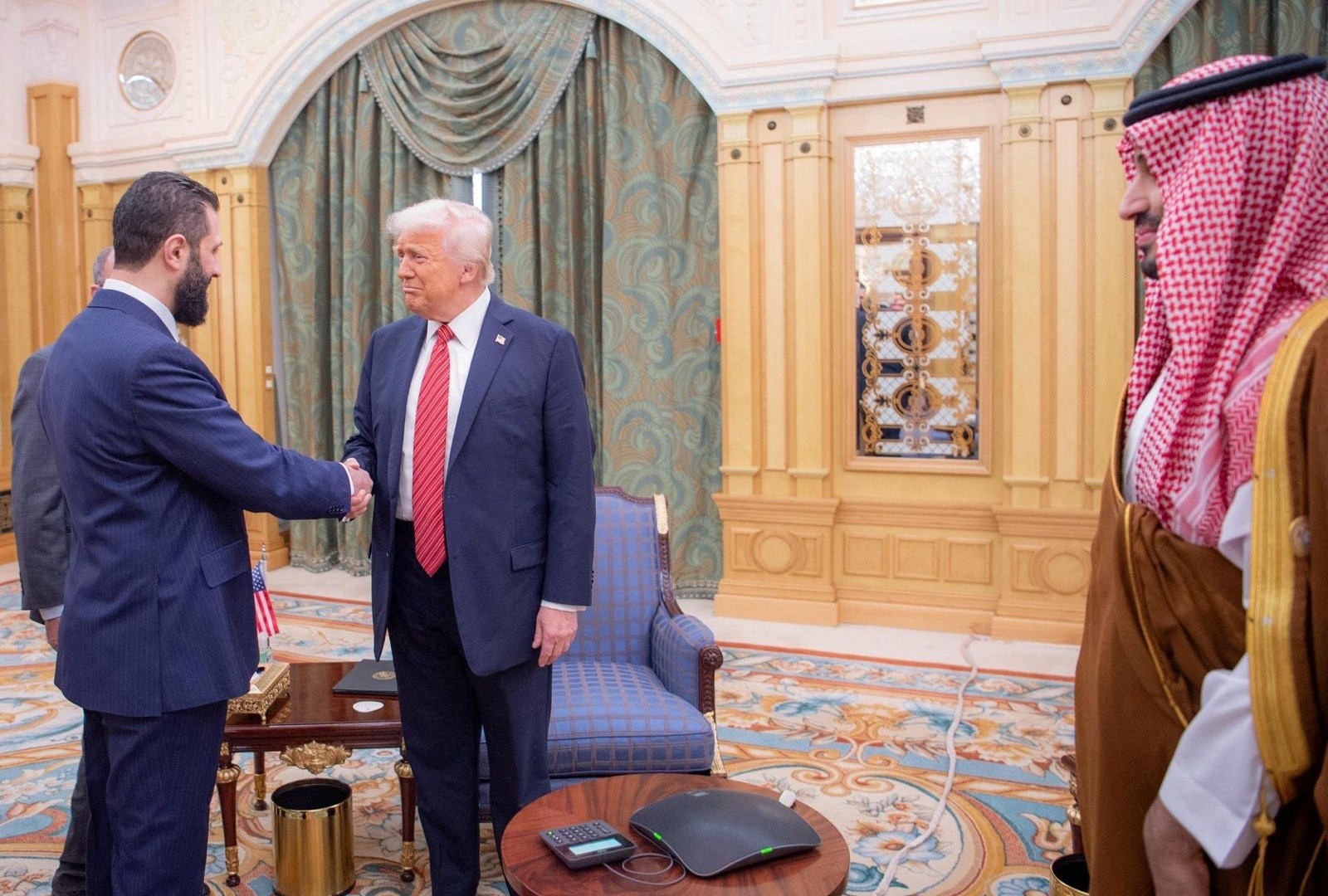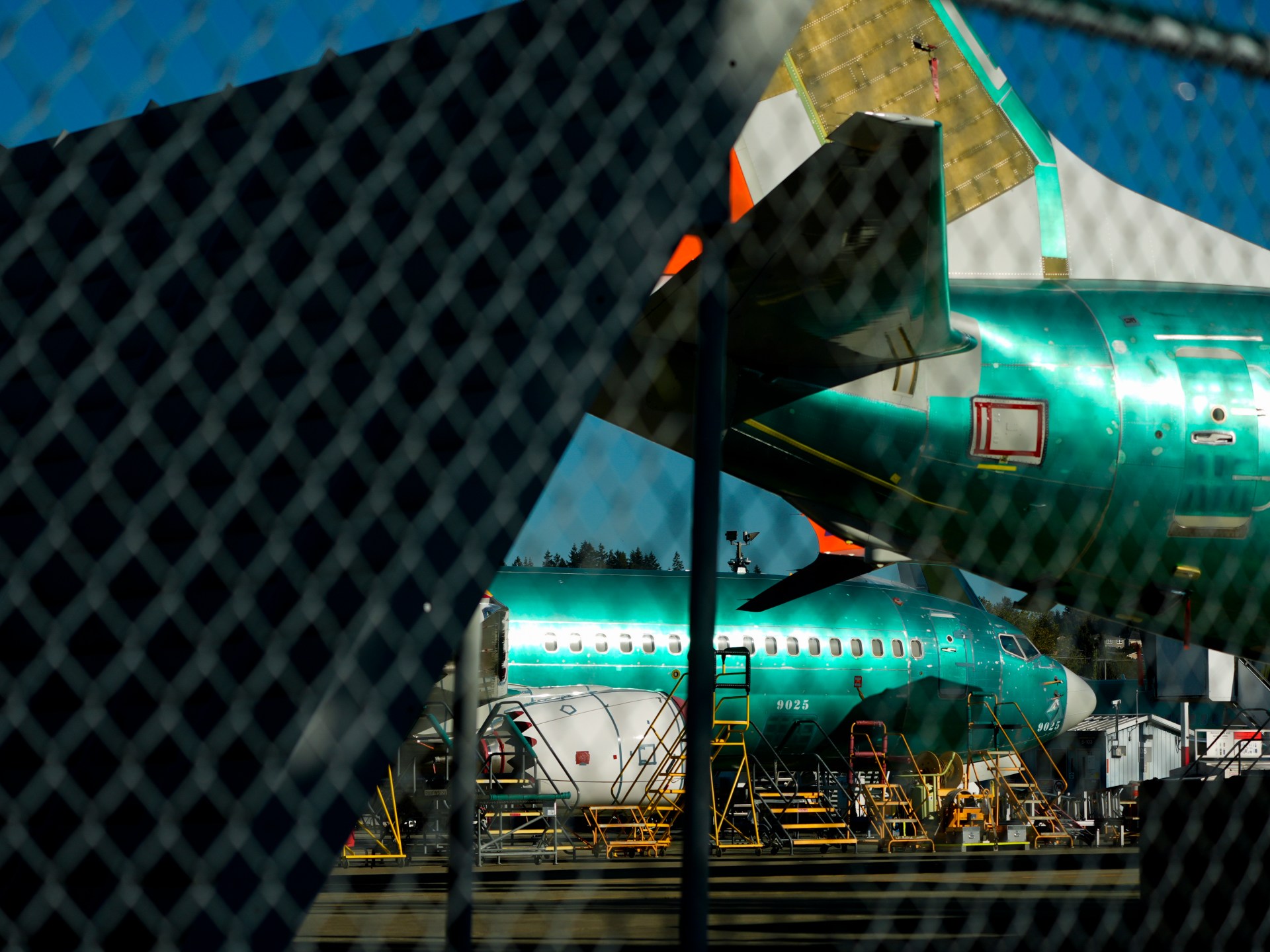Avelo Airlines, a struggling, Houston, Texas-based budget carrier, has faced weeks of backlash after taking a contract with the United States government to use its planes to deport migrants, the first commercial airline to do so.
Avelo, which started the deportation flights in mid-May, defended the move in an April 3 letter to employees, saying its partnership with the Immigration and Customs Enforcement (ICE) agency is “too valuable not to pursue”.
Founded in 2021, the airline has been in financial turmoil and was projected to have only about $2m in cash on hand by June, the trade publication Airline Observer reported last month. An Avelo spokesperson told Al Jazeera that that reporting is outdated.
The airline has not disclosed the terms of the deal with ICE but is said to be using three of its Boeing 737 aircraft for the flights. Avelo has 20 aircraft in its fleet.
At the beginning of 2024, Avelo reported its first profitable quarter since its founding but hasn’t released any financial results since then. Because it is not a publicly traded company, Avelo is not legally obligated to regularly disclose its financial status to the public.
Avelo’s deal was brokered through a third-party contractor, CSI Aviation, which received $262.9m in federal contracts, mostly through ICE, for the 2025 fiscal year. While CSI Aviation did not confirm to Al Jazeera the specifics of its deal with Avelo, federal spending records show the company was awarded a new contract in March and received $97.5m in April when the Avelo flights were announced.
April’s contract marks the biggest for CSI Aviation since it began receiving federal contracts in 2008. Until now, CSI Aviation’s highest payouts had come more frequently during Democratic administrations. In October under former President Joe Biden, the federal government paid out more than $75m to CSI Aviation.
CEO Andrew Levy has said Avelo operated similar flights under the Biden administration but the public outcry against Avelo this time is because of how Republican President Donald Trump’s administration has conducted deportations.
“In the past, the deportees were afforded due process,” aviation journalist and New Hampshire state lawmaker Seth Miller said. “[They were] not snatched off the street, moved multiple times to evade the judicial process and put on planes before they could appeal. In the past, they were returned to their country of origin, not a third country. In the past, they were not shipped to a labour camp from which no one is ever released.”
“These are, to me, not the same deportations as in the past, and any company signing on in April 2025 to operate those flights knows that,” Miller told Al Jazeera.
The US government has awarded CSI Aviation $165m for deportation charter flights so far in the current year until August 31, and that could be extended to February 26. The data does not specify how much goes to each subcontractor. However, the March 1 $165m contract was modified on March 25 with an additional $33.7m tacked onto it just days before Avelo announced its deal.
Al Jazeera was unable to confirm the specific dollar amount for the Avelo contract.
CSI Aviation did not respond to Al Jazeera’s request for comment.
Avelo, led by Levy – an industry veteran who previously served as CEO of another US-based budget airline, Allegiant, and as chief financial officer for United Airlines – has stood by the deal despite the public outcry.
“We realize this is a sensitive and complicated topic. After significant deliberations, we determined that charter flying will provide us with the stability to continue expanding our core scheduled passenger service and keep our more than 1,100 Crewmembers employed for years to come,” Levy said in a statement to Al Jazeera, comments the company had also provided to other publications.
Connecticut Attorney General William Tong pressed the airline for the terms of the deal. Avelo responded by instructing Tong to file a Freedom of Information Act (FOIA) request. FOIA requests typically take several months to process. Connecticut is home to one of Avelo’s biggest hubs in New Haven.
Avelo declined Al Jazeera’s request for information on the terms of its agreement with CSI Aviation, saying in an email that it was not “authorised to share the details of the contract”.
Al Jazeera has submitted a FOIA request for the contract terms. ICE denied our expedited request for the contract terms, saying our request lacked “an urgency to inform the public about an actual or alleged federal government activity, if made by a person primarily engaged in disseminating information”. The phone number ICE gave to challenge the request through its public liaison did not work when called.
“For reasons of operational security, US Immigration and Customs Enforcement does not release information about future removal flights or schedules in advance. However, the removal of illegal aliens who are unlawfully present in the United States is a core responsibility of ICE and is regularly carried out by ICE Air Operations,” a spokesperson for ICE told Al Jazeera.
Several lawmakers, including Senator Alex Padilla of California and Senator Richard Blumenthal of Connecticut, have voiced concerns over these flights.
“Given the Trump Administration’s mission to indiscriminately deport our nation’s immigrants – without due process, in violation of the Constitution and federal immigration law, and, in some cases, in defiance of court orders – it is deeply disturbing that Avelo has determined that its partnership with ICE is ‘too valuable not to pursue,’” Padilla’s office said in a news release.
Flight attendants have also raised safety concerns, saying there is no safe plan in the event of an emergency and it is only a matter of time before a tragic incident occurs.
As first reported by ProPublica, ICE Air detainees have soiled themselves because they did not have access to bathrooms while being transported to prisons without due process.
ICE has denied allegations that detainees lacked access to bathrooms during flights.
Are financiers concerned?
Avelo’s largest investor is Morgan Stanley Tactical Value, whose managing director, Tom Cahill, sits on Avelo’s board. Morgan Stanley’s fund invested an undisclosed amount in the airline’s Series A funding round, the first major investment stage for a company.
That round raised $125m in January 2020, weeks before the COVID-19 pandemic was declared a US and global emergency. A subsequent Series B round in 2022 brought in an additional $42m, $30m of which came from Morgan Stanley.
Morgan Stanley Tactical Value remains Avelo’s largest shareholder. Cahill, who has been with Morgan Stanley since 1990, has not publicly commented on the deal. He did not respond to Al Jazeera’s request for comment. Morgan Stanley declined to comment.
Avelo has also hired Jefferies Financial Group, an investment bank and financial services company, to raise additional capital in a new investment round, reportedly aiming to raise $100m, according to the Airline Observer, information that Avelo said is outdated.
Jefferies did not respond to Al Jazeera’s request for comment.
A public image problem
Avelo’s involvement in the deportation programme has sparked intense public backlash. Upon the launch of the flights, protests erupted at airports in Burbank, California; Mesa, Arizona; and New Haven, Connecticut.
A Change.org petition calling for a boycott of the airline has garnered more than 38,000 signatures. Avelo did not comment on the petition.
“From a reputational perspective, someone in a boardroom somewhere made the decision that the hit to reputation wasn’t as important as staying alive,” said Hannah Mooney Mack, an independent strategic communications consultant.
Miller has taken action to raise awareness about the airline’s recent contract, funding two billboards near Tweed New Haven Airport that criticise Avelo’s participation in deportation flights. The signs read: “Does your vacation support their deportation? Just say AvelNO!”
“I love almost all of the things that aviation does in helping bring people together and connect communities and things like that. This is decidedly not that. And it rubbed me the wrong way,” the congressman told Al Jazeera.
“I certainly understand that from a financial perspective there may be a need. I happen to disagree with it from a moral perspective and think it’s abhorrent.”
Miller said he spent $7,000 on the billboards and 96 people contributed to the effort. Avelo reportedly convinced billboard operator Lamar Advertising to take down the ads, citing copyright concerns. Miller has since sued Avelo on First Amendment grounds. He said he’s fighting because he thinks people need to know about Avelo’s contract.
“I don’t like that this is happening, and I think other people should not fly Avelo as long as they are running these deportation flights.”
